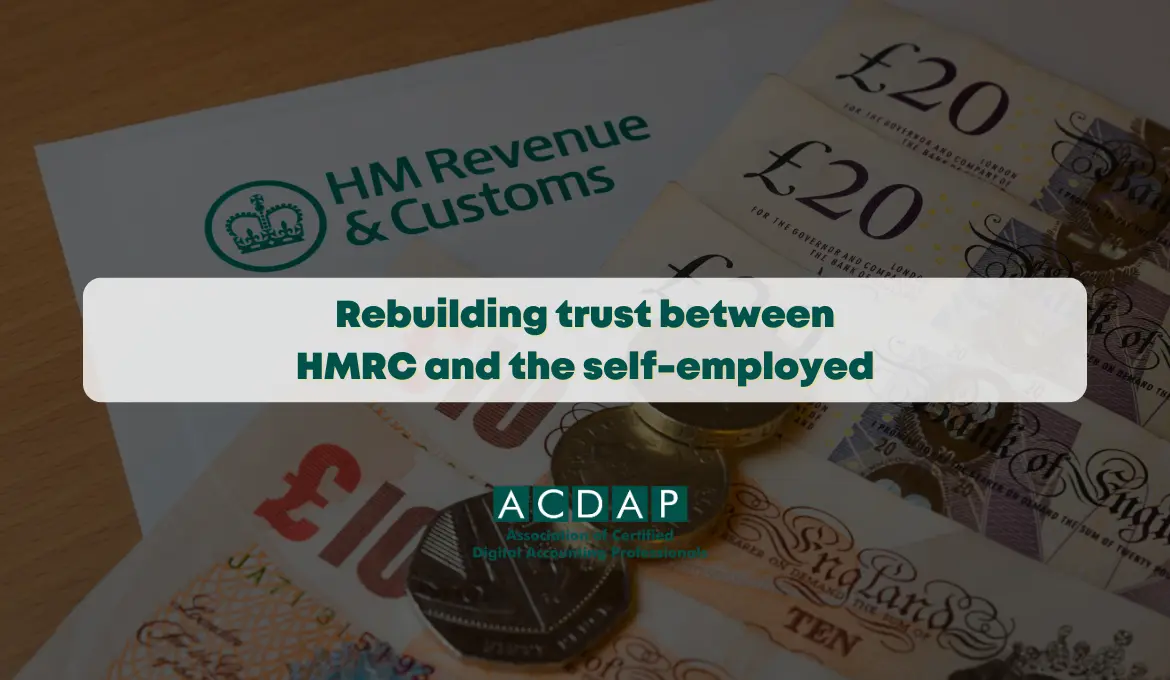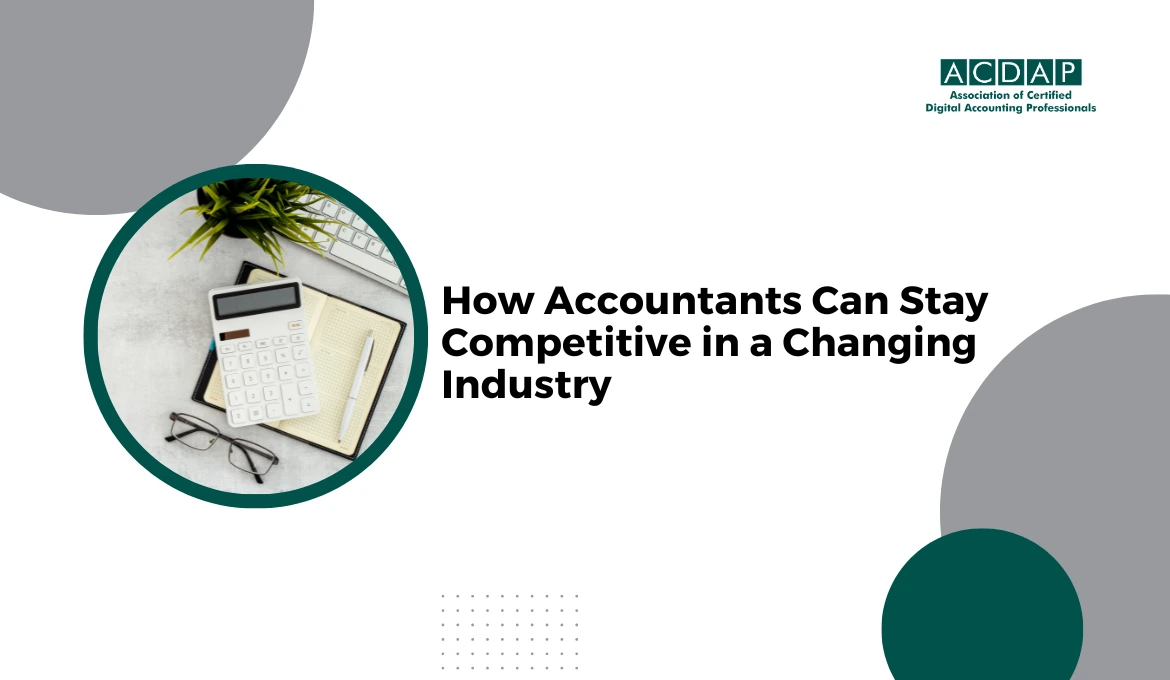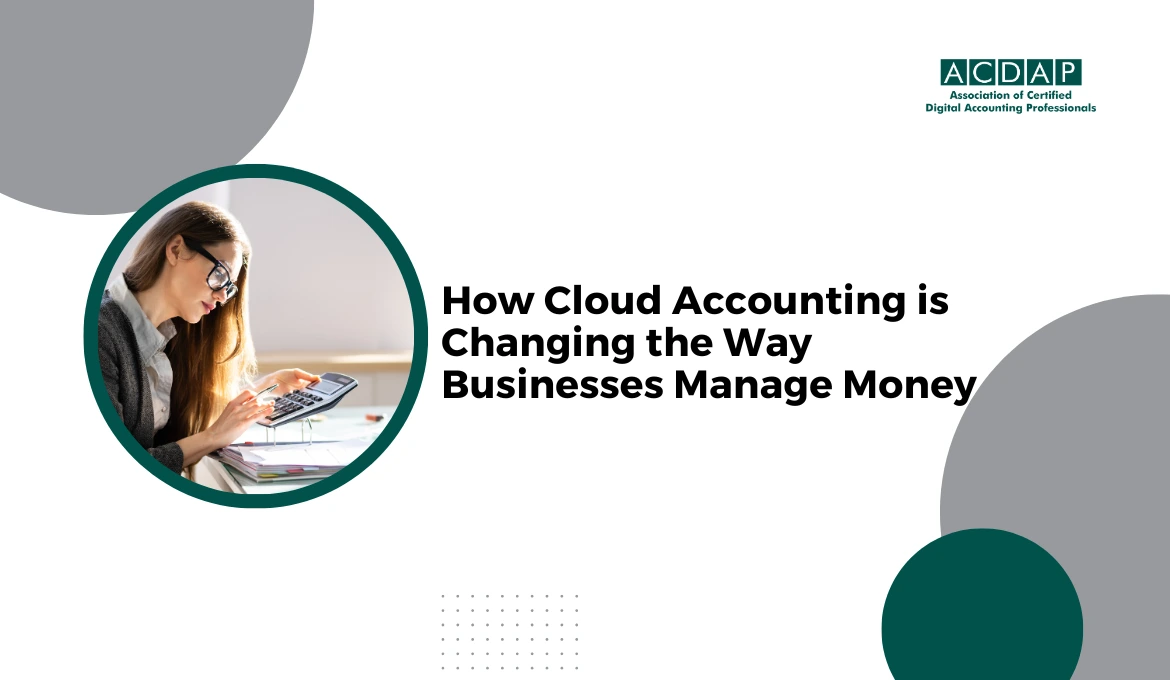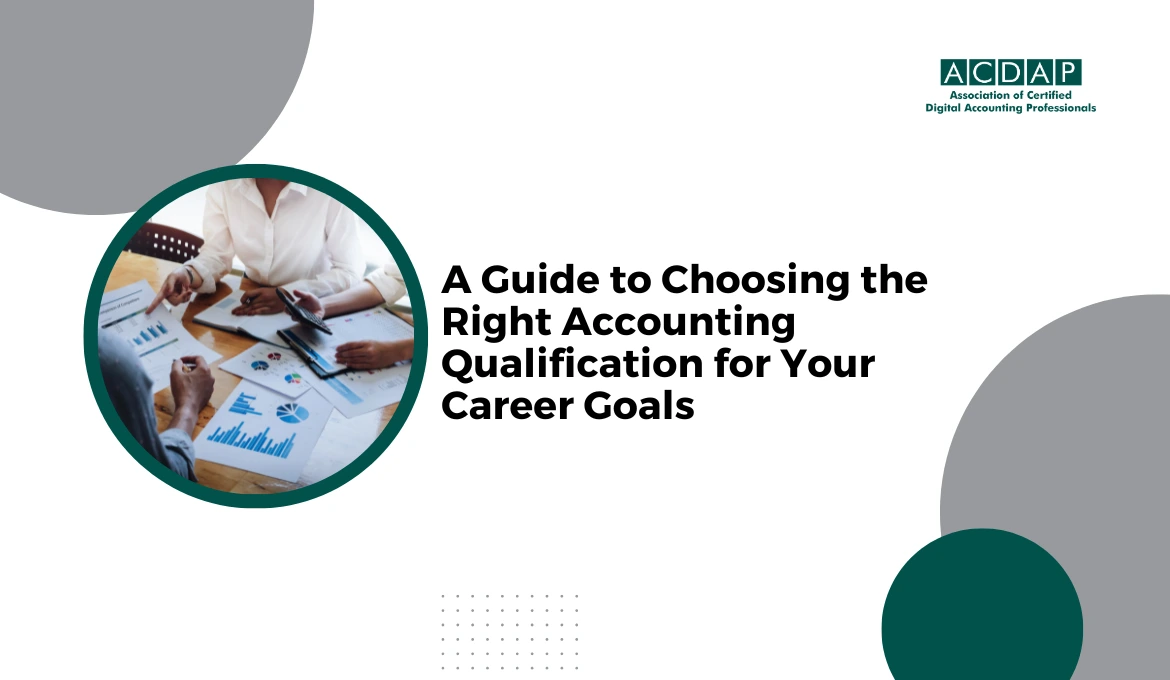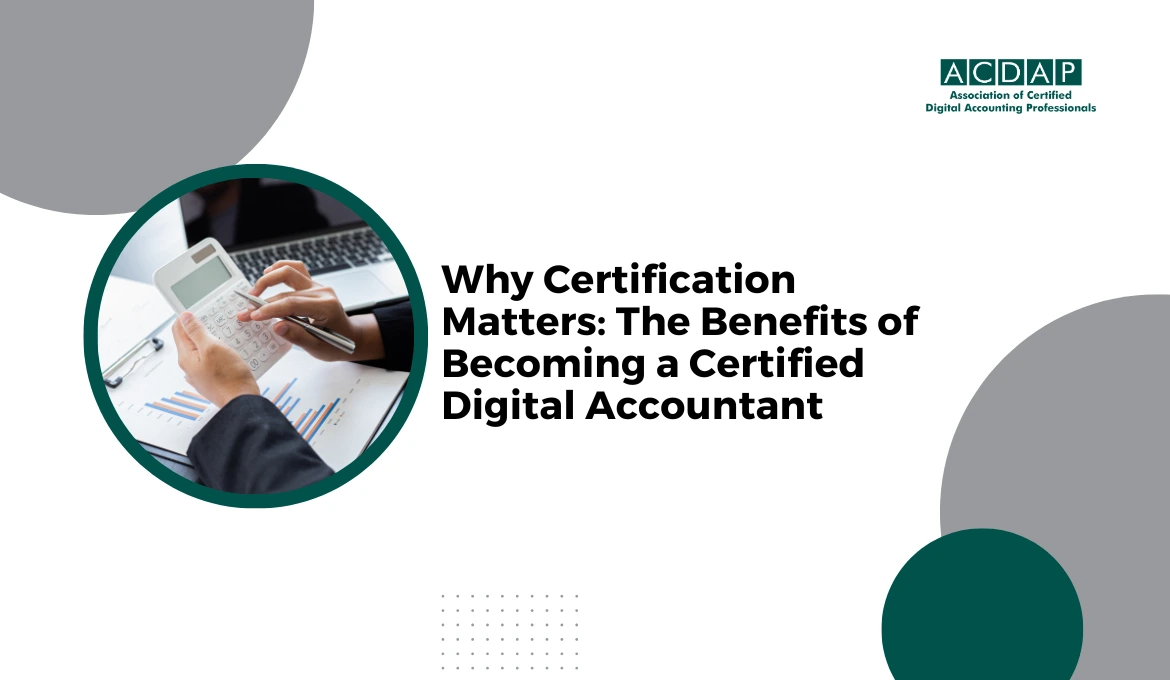Why trust matters between HMRC and the self-employed
Trust between HMRC (Her Majesty's Revenue and Customs) and self-employed workers is very important. Self-employed people rely on HMRC to handle their taxes fairly and transparently. If trust is broken, it can lead to confusion, mistakes, and frustration on both sides.
Past challenges
In the past, there have been issues that damaged trust between HMRC and the self-employed. Complicated tax rules, delays in responding to queries, and penalties for honest mistakes have caused many self-employed workers to feel unsupported. These challenges have made it harder for them to trust that HMRC is working in their best interest.
The impact on the self-employed
When trust is low, self-employed workers may feel stressed or uncertain about their taxes. They might worry about being penalised for errors, even when they are trying to follow the rules. This can lead to delays in filing taxes or a lack of confidence in their dealings with HMRC.
Steps to rebuild trust
To rebuild trust, HMRC needs to take steps that show they understand the challenges self-employed workers face. Simplifying tax rules, providing better support, and being more understanding of honest mistakes will go a long way in restoring confidence.
Better communication
Clear and open communication is key. HMRC should make it easier for the self-employed to get answers to their tax questions. This could include more accessible online resources, quicker response times, and personalised help when needed. When self-employed workers feel heard, they are more likely to trust HMRC.
Understanding the self-employed
HMRC also needs to understand the unique challenges of self-employment. Unlike traditional employees, self-employed workers manage their own taxes, which can be difficult and time-consuming. Showing empathy and providing the right tools to help them succeed will help rebuild the relationship.
Making tax digital
Making tax digital is one way HMRC is trying to improve the tax process. By moving to an online system, the self-employed can manage their taxes more easily and avoid errors. However, HMRC needs to ensure this transition is smooth and provide enough support to help everyone adjust.
The role of fairness
Fair treatment is crucial to rebuilding trust. Self-employed workers need to feel that HMRC is fair in how they handle tax issues. This means being reasonable with penalties and offering support for those who make genuine mistakes. Fairness will encourage more self-employed workers to engage with the system positively.
The future of the HMRC and self-employed relationship
Rebuilding trust won't happen overnight, but with the right steps, HMRC can strengthen its relationship with the self-employed. By improving communication, showing empathy, and treating people fairly, HMRC can create a more positive and supportive environment for self-employed workers.
Conclusion
Trust between HMRC and the self-employed is essential for a healthy tax system. By addressing past challenges and focusing on clear communication, fairness, and support, HMRC can rebuild confidence and improve its relationship with self-employed workers. This will make the tax process smoother and less stressful for everyone involved.
